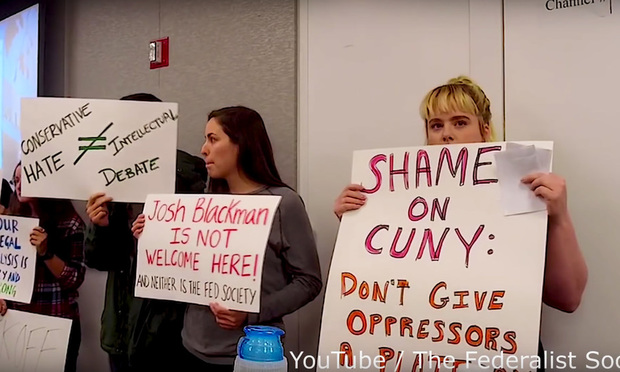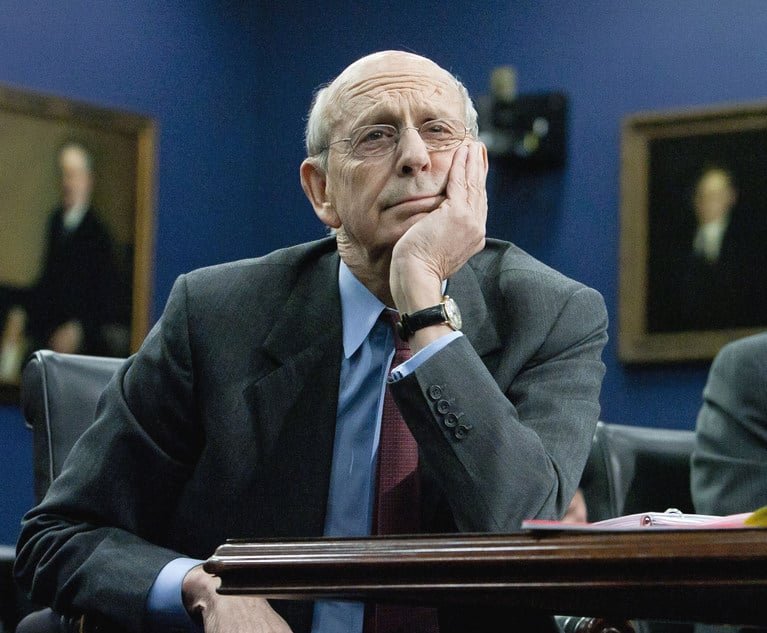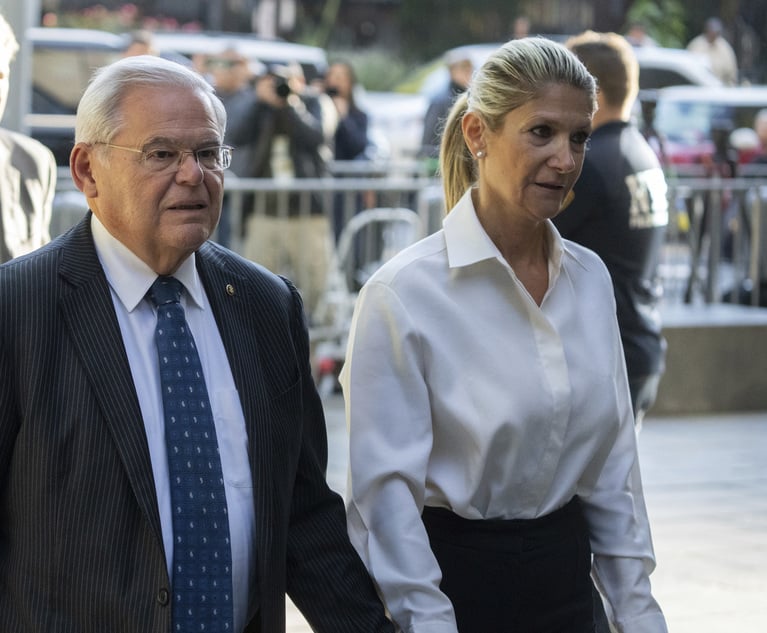Yale Law Dean Heather Gerken noted in a Time Magazine piece last summer that law schools had generally avoided the type of “ugly free-speech incidents” that had recently roiled various college campuses.
She attributed that lack of conflict to the training law schools provide and the emphasis the law places on understanding the position of one’s opponents.








